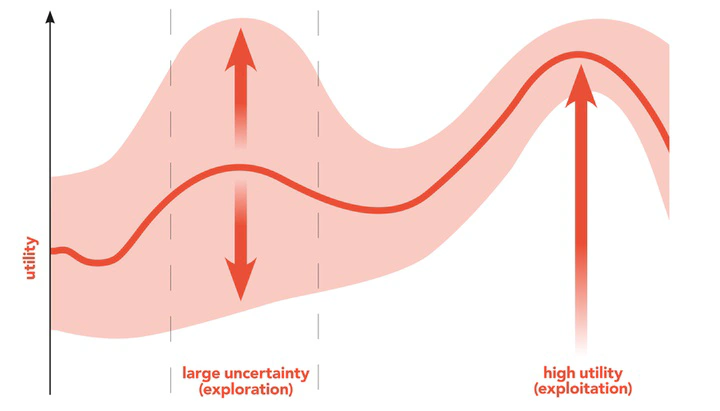Adaptive Experiments to Improve A/B Testing

Image Credit: Cheng Soon Ong
As a researcher in Computing Education and AI in Education, I’ve run dozens of experiments to evaluate the interventions I’ve built (read some of them here).
These experiments are the best way we have to evaluate whether a learning tool or intervention actually helps students, and to make it better.
However, the nature of educational experiments has looked much the same for a long time, and they have a number of drawbacks:
- Experiments require a lot of time and effort to implement well.
- They are difficult to scale, especially at commercial scale.
- Not all students get to use the innovative technology (i.e. the Control group).
XPRIZE Digital Learning Challenge
The XPRIZE Digital Learning Challenge was a $1M competition that asked competitors to find way to innovate on learning experiments.
My team, the Adaptive Experimentation Accelerator won 1st place in this challenge, for our work in scaling adaptive experiments for education in real-world courses.
We deployed our MOOClet framework across a variety of classes via the Open Learning Initiative and helped educators deploy experiments to evaluate interventions such as worked examples, self-explanation prompts, and learner-authored review problems.
Adaptive Experiments
What made our framework special is its ability to run adaptive experiments at scale.
In a traditional experiment:
- Students are assigned to a single condition for the whole experiment.
- Students are split evenly across condition, such as an experimental condition (which received an intervention like hints or worked examples) and a control condition that does not
- We wait until the end of the experiment to learn from it, comparing student outcomes in each condition.
In an adaptive experiment, we use what we’ve learned from results earlier in the experiment to influence which conditions we assign students to later on in the experiment. If done right:
- Students are assigned to conditions that maximize both our learning (as researchers) and their learning (as students).
- The more effective a condition is, the more students experience it, maximizing learning.
- We learn throughout the experiment, and adjust based on that information.
So how does that help? With adaptive experiments:
- Students achieve better learning outcomes because they spend more time in more effective conditions.
- Researchers achieve more statistical power in 3+ condition experiments by fading out ineffective conditions.
- We get better data for statistical minority groups (e.g. students with low prior knowledge) by personalizing an experiment’s duration based on our certainty.